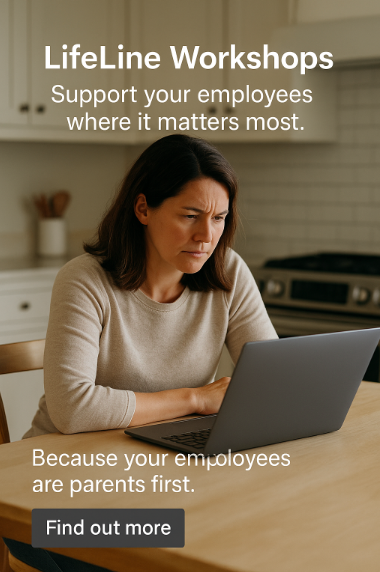For Maddie: Breaking the Silence Around Teen Depression
April 11, 2015 marked the day my worst nightmare became real. My daughter, Maddie, died at fourteen. The void she left still feels impossible to describe. There is no preparation for a loss like this. No warning that feels clear enough. No language that softens the shock. When you lose a child, it feels like a part of your heart is gone forever. Other parents who have lived this know the feeling too well.
Grief after losing a child does not follow a pattern. It does not move in a straight line. It shows up in waves. Anger, guilt, denial, sorrow. Sometimes all at once. Sometimes without any emotion at all, as if the heart protects itself by going numb for a moment.
A Father’s Perspective
I always believed a parent should protect their child from every harm. That belief breaks when your child struggles with something that hides inside them. Maddie lived with depression. She carried a sadness no one could see. She was treated by caring professionals at the NYGH Child and Adolescent Mental Health unit. They wanted her to feel peace just as much as we did.
Her friends described her as thoughtful, bright, and full of life. She made people feel valued. She made strangers feel welcome. Her smile helped people on their hardest days. Yet behind that smile was pain she kept to herself. That contradiction is something I replay every day. I still ask myself what more could have been done.
The Silent Struggle
Depression in teens often sits in the shadows. You cannot always see it. You cannot always predict it. And it rarely shows up in the ways we expect. Teenagers work hard to hide what hurts. They mask it with humour, success, or popularity. Maddie did the same. Many teens do.
It is easy to believe that a child who looks happy is safe. That belief puts families at risk. Depression does not care how loved a child is. It does not care how many friends they have. It can leave a child feeling alone even in a full room.
Young girls face added pressures from school, peers, and social expectations. Their confidence is fragile. Their sense of self shifts quickly. Many of them carry pain behind quiet smiles.
Turning Pain into Purpose
Our family has carried the weight of this reality for ten years. We have also carried a purpose. We use Maddie’s story to bring honesty to conversations about adolescent mental health. We want parents to look closer. We want teachers to listen differently. We want kids to feel safe saying the words I need help.
Since sharing Maddie’s story, we have heard from families who lived their own silent fears. We have heard from girls who reached out for help because they felt seen through her story. These moments matter. They save lives.
Maddie’s story reminds us that any child can struggle in silence. It reminds us that every family needs support. It reminds us that we cannot leave mental health to chance.
Why We Created LifeLine Inside The Mentor Well
LifeLine is an essential service within The Mentor Well. It exists because families deserve clear guidance before a crisis forms. It gives parents and educators the signs they often miss. It teaches them how to talk to their kids with steady curiosity instead of fear. It helps them build bridges instead of walls.
LifeLine gives families a path during times that feel confusing. It removes panic. It removes guesswork. It replaces worry with clarity. Every LifeLine workshop creates the structure that I wish we had when Maddie was alive.
LifeLine is paired with the rest of the Mentor Well. Mentorship becomes the next step for teens who need a stable adult presence. Expedited referral and diagnostic support becomes the path for teens who need clinical care. Because benefits are meaningless if a child waits months to see the right expert. Parents need clear direction in days. Not long delays that leave them alone with fear and uncertainty.
A Call to Employers
Your employees carry these worries quietly. They are parents before they are workers. They come to the office while wondering if their child is slipping. They question themselves. They feel guilt when they miss the signs. They feel lost when they do not know what to ask.
You can change the outcome for these families.
When employers bring LifeLine into the workplace, everything shifts. Parents learn how to see early emotional and behavioural changes. They learn how to open conversations without shutting their kids down. They learn how to ask hard questions with calm curiosity.
They leave with:
• Clear early warning signs
• A simple plan for tough conversations
• A path forward if their child needs mentorship
• A direct route to clinical help when needed
• Clarity instead of confusion
This reduces chaos at home. It supports stability at work. It brings peace to parents who are trying their best in the middle of real fear.
A supported parent shows up stronger.
A grounded parent makes better decisions.
A calmer parent is more productive, present, and confident.
Your team deserves support that works in the real world. Support that protects families before crisis takes hold. Support that gives them peace of mind and the confidence to help their kids early.
If you want to give your employees and their families a lifeline when they need it most, talk to us about bringing The Mentor Well and LifeLine into your company. We can help your people find clarity, create safety, and protect the kids they love.


